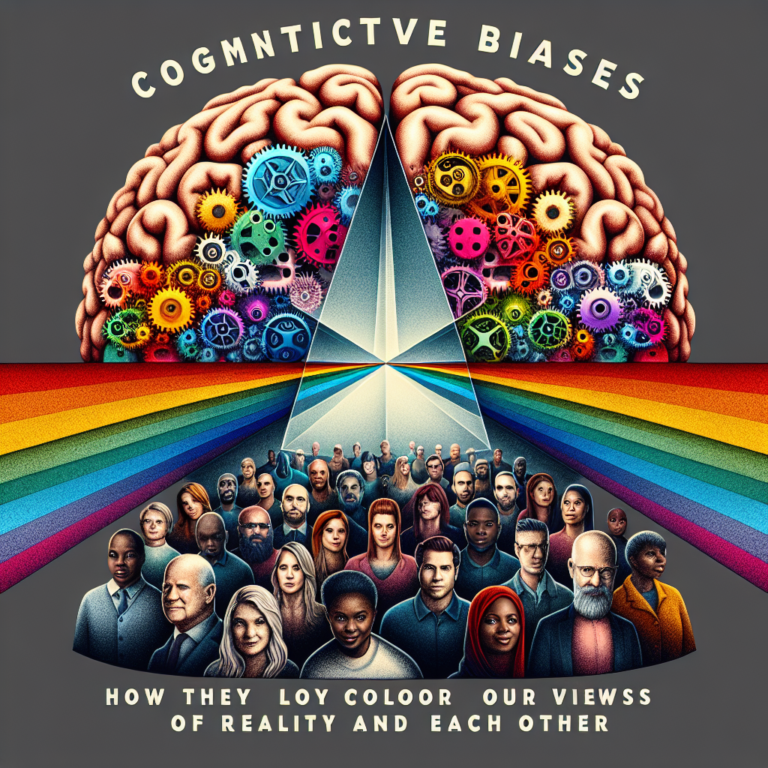
Introduction
In our fast-paced society, filled with distractions and endless to-do lists, the notion of "living in the moment" often feels like a luxury we can’t afford. Yet, the practice of mindful awareness proves it’s not merely a trend; it is a transformative approach to our modern lives. Living in the moment: the art and benefits of mindful awareness offers an escape from the chaos and anxiety that often accompanies our daily routines. By embracing this art, we don’t just enrich our experiences; we redefine our overall well-being. This article dives deep into the world of mindful awareness, exploring its principles, profound benefits, and practical applications in daily life.
The Essence of Mindful Awareness
Mindful awareness is about being fully present in the moment, consciously engaging with your thoughts, feelings, and environment without judgment. This practice encourages us to slow down and appreciate life, leading to heightened clarity and emotional balance.
The Science Behind Mindfulness
Research continues to support the significant benefits of mindful awareness, revealing its impact on mental health, stress reduction, and overall happiness. Studies demonstrate that practicing mindfulness can decrease symptoms of anxiety and depression while enhancing emotional resilience. Notably, a 2019 meta-analysis published in JAMA Internal Medicine found that mindfulness meditation programs show moderate evidence of improving anxiety, depression, and pain.
Benefits of Living in the Moment
1. Reduced Stress and Anxiety
Living in the moment allows us to break free from the grip of past regrets and future worries. When you practice mindful awareness, you train your brain to focus on what is happening now, which significantly decreases stress levels.
| Benefit | Description |
|---|---|
| Reduced Cortisol | Mindful practices lower cortisol levels, decreasing stress. |
| Improved Focus | Staying present enhances concentration and cognitive function. |
Case Study: Aetna’s Mindfulness Program
Aetna, a health insurance company, implemented a mindfulness program that led to a 28% reduction in stress among participants. These results underscore the effectiveness of mindfulness in corporate environments, highlighting the importance of creating a culture that supports living in the moment.
2. Enhanced Emotional Regulation
Mindful awareness empowers individuals to become more aware of their emotions rather than becoming overwhelmed by them. This heightened awareness fosters better emotional regulation, leading to healthier responses in challenging situations.
Case Study: The University of Exeter Research
A study conducted by the University of Exeter found that practicing mindfulness significantly improved emotional well-being among participants. Those who engaged in mindfulness showed enhanced emotional awareness and better coping strategies.
3. Improved Relationships
Being present in conversations and interactions allows for deeper connections with others. Mindful awareness fosters empathy and compassion, essential components for nurturing meaningful relationships.
Personal Reflection: Real-Life Application
Consider someone who practices mindful listening during conversations. By fully engaging with their partner, they can respond authentically rather than reactively, which often enhances understanding and connection.
The Art of Mindful Awareness: Techniques and Practices
Practicing mindful awareness doesn’t require extensive training; there are numerous ways to integrate it into daily life. Here are some effective techniques to explore:
1. Mindful Breathing
Focusing on your breath is one of the simplest yet most powerful mindfulness techniques. Inhale deeply, hold, and exhale slowly. This practice can be done anywhere, providing immediate grounding when stress arises.
2. Body Scan
A body scan encourages you to mentally traverse your body, identifying areas of tension or discomfort. By acknowledging and releasing these sensations, this technique promotes relaxation.
| Technique | Method | Benefits |
|---|---|---|
| Mindful Eating | Savor each bite, focusing on taste and texture | Enhances satisfaction, prevents overeating |
| Walking Meditation | Walk slowly, engaging with surroundings | Promotes physical activity and mindfulness |
3. Journaling
Keeping a mindfulness journal allows you to reflect on your daily experiences and feelings. This practice helps solidify your understanding and awareness of emotions, improving emotional intelligence.
Personal Challenge: Daily Gratitude
Set aside time each day to write three things you’re grateful for. This simple practice fosters a positive mindset and encourages a focus on the present.
Common Challenges in Practicing Mindful Awareness
While the benefits are clear, many encounter challenges when adopting mindful practices. Here are some common hurdles and how to overcome them:
1. The Busy Mind
Many struggle with a racing mind full of distractions. Combat this by practicing daily mindfulness, even for just a few minutes. Gradual exposure helps calm a chaotic mind over time.
2. Self-Judgment
Individuals often criticize themselves for not being "good enough" at mindfulness. Remember, mindfulness is a practice. Approach it without judgment and celebrate small victories.
The Long-Term Impact of Living in the Moment
The journey toward mindful awareness can lead to lasting changes in lifestyle and mindset. By committing to this practice, individuals often report enhanced happiness, better health, and a more profound sense of purpose.
Statistics: Impact Over Time
Research shows that consistent mindfulness practice can bring about changes in brain structure, particularly in areas associated with emotional regulation and self-referential thought.
| Time Commitment | Impact on Mindfulness |
|---|---|
| 10 Minutes Daily | Reduces stress and enhances focus |
| 30 Minutes Daily | Improves emotional intelligence |
| 1 Hour Daily | Transforms overall well-being and perspective |
Conclusion: Embracing the Art of Mindfulness
Living in the moment: the art and benefits of mindful awareness is not merely a concept to ponder—it is a lifestyle choice that can transform how we experience life. By practicing mindful awareness, we cultivate a deeper appreciation for ourselves and the world around us. As you embark on this journey, remember to be gentle with yourself. Each moment is an opportunity to start anew. Invite attention and awareness into your life, and watch as your perceptions shift, leading to a more meaningful and fulfilling existence.
FAQs
1. What is mindful awareness?
Mindful awareness is the practice of being fully present in the moment, embracing your thoughts and feelings without judgment.
2. How can I start practicing mindfulness?
Begin with simple techniques such as mindful breathing or daily journaling. Consistency is key for building this habit.
3. Is mindfulness a religious practice?
While mindfulness does have roots in Buddhism, it can be practiced in secular contexts. It is about conscious living rather than religious belief.
4. Can mindfulness help with anxiety?
Yes, numerous studies show that mindfulness can effectively reduce anxiety and improve emotional regulation.
5. How long do I need to practice mindfulness to see benefits?
Even a few minutes of daily practice can yield benefits, but consistency is crucial. Long-term practitioners often experience more profound changes.
By integrating mindful awareness into your life, you not only enhance your personal well-being but also positively impact those around you. What are you waiting for? Start living in the moment today!















